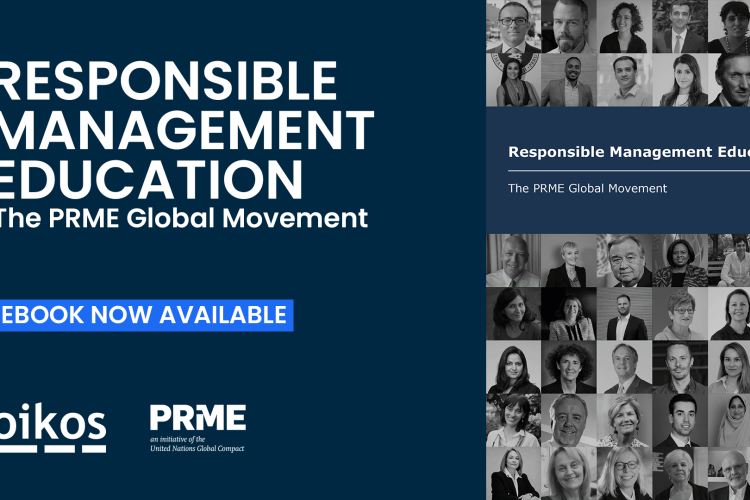Abstract
From a small village in Northern Austria, Sonnentor had developed into a multinational organic food production company exporting teas, spices, and related products to more than 50 countries around the globe (see Figure 1 for an overview of the case setting). The case follows entrepreneur Johannes Gutmann on the growth path of his firm, and focuses on unusual strategic and operative choices along the way (including, for example, not using professional market research, refusing to cooperate with mass-market retailers, using labor instead of cheaper machines for manufacturing processes, not having clear yearly goals, paying suppliers twice the price they received from others, or not paying the owner any dividends, to name just a few choices). Although the owner was not very profit-oriented, the company was looking back on a constant profitable growth for 25 years. At the same time, Sonnentor placed a strong emphasis on socially and environmentally responsible behavior in all its actions, and on building the business on fair partnerships with employees, suppliers, and other partners. The case highlights the role that ‘embedded sustainability’ plays for the success of the business and confronts the reader with Mr. Gutmann’s challenge of transferring his unique business philosophy to other domains and to a new managerial generation.
[table id=91 /]




